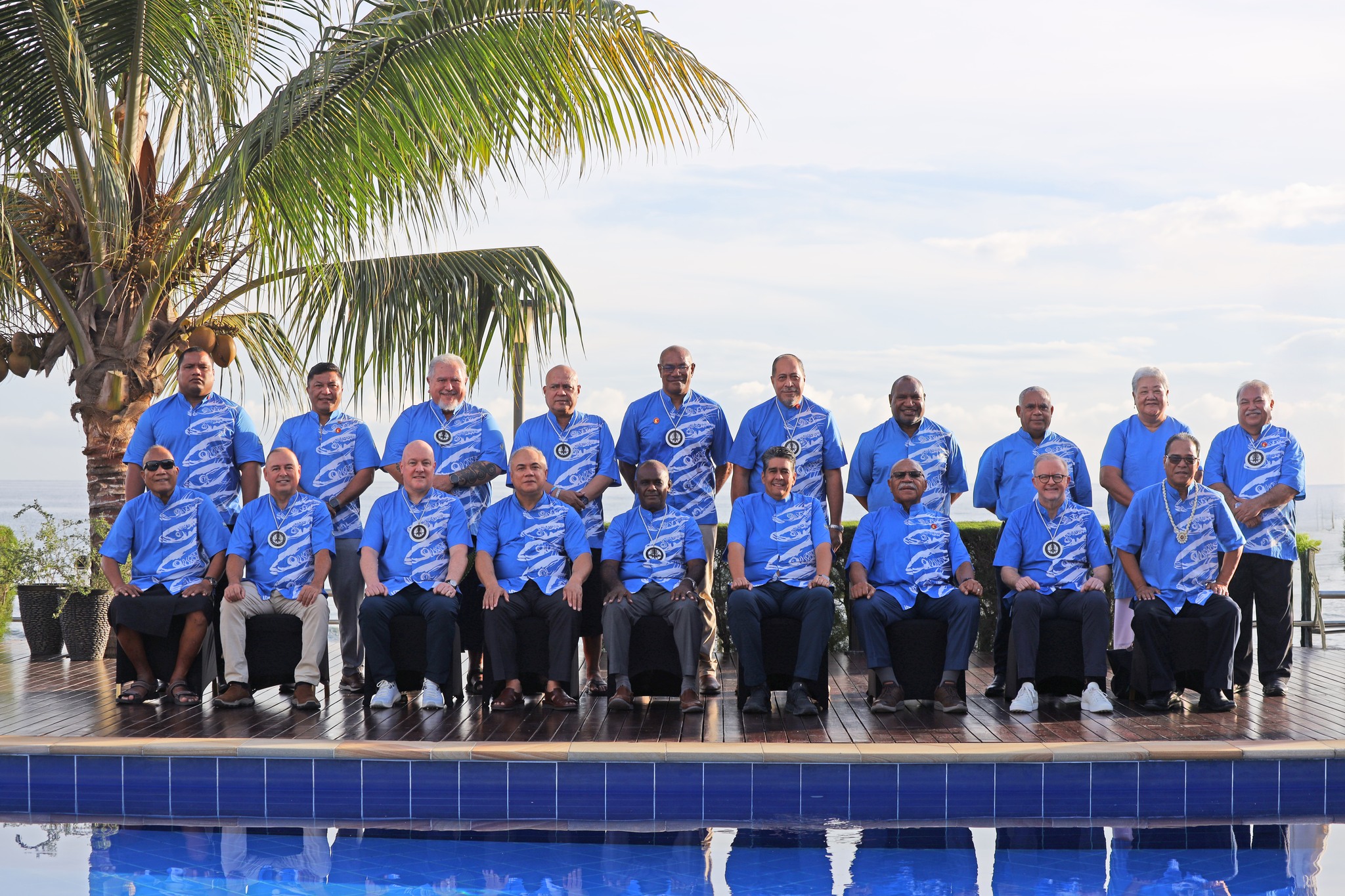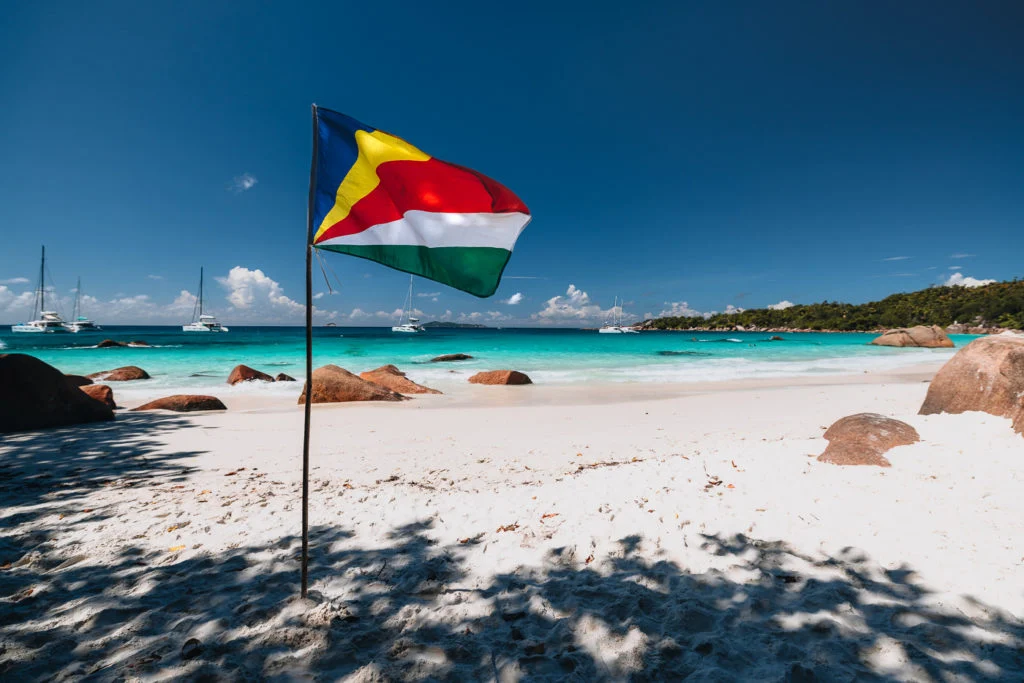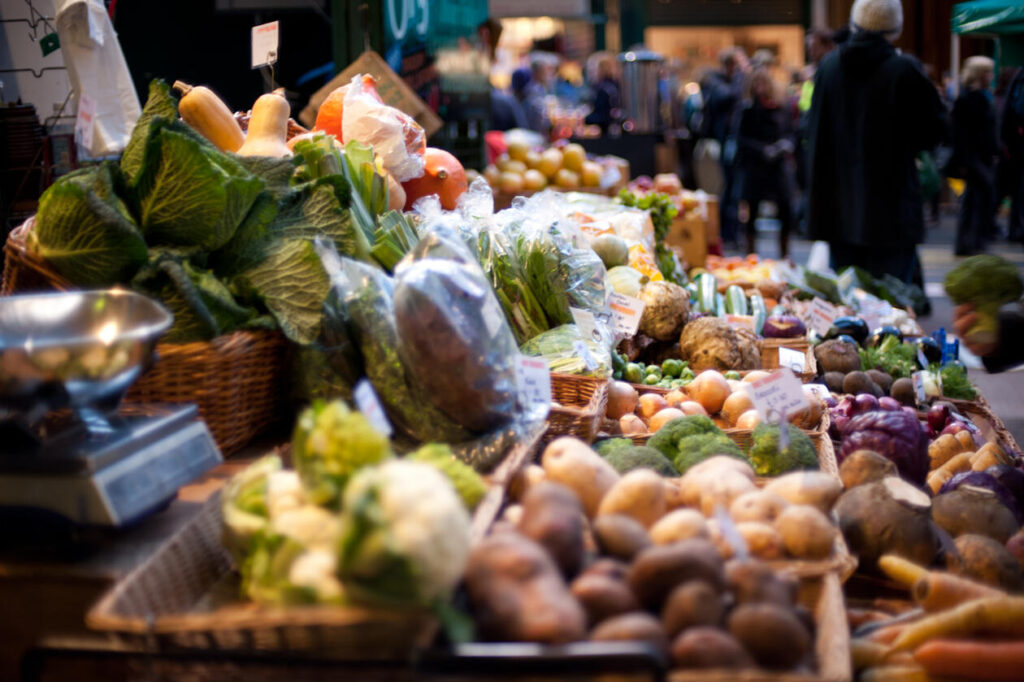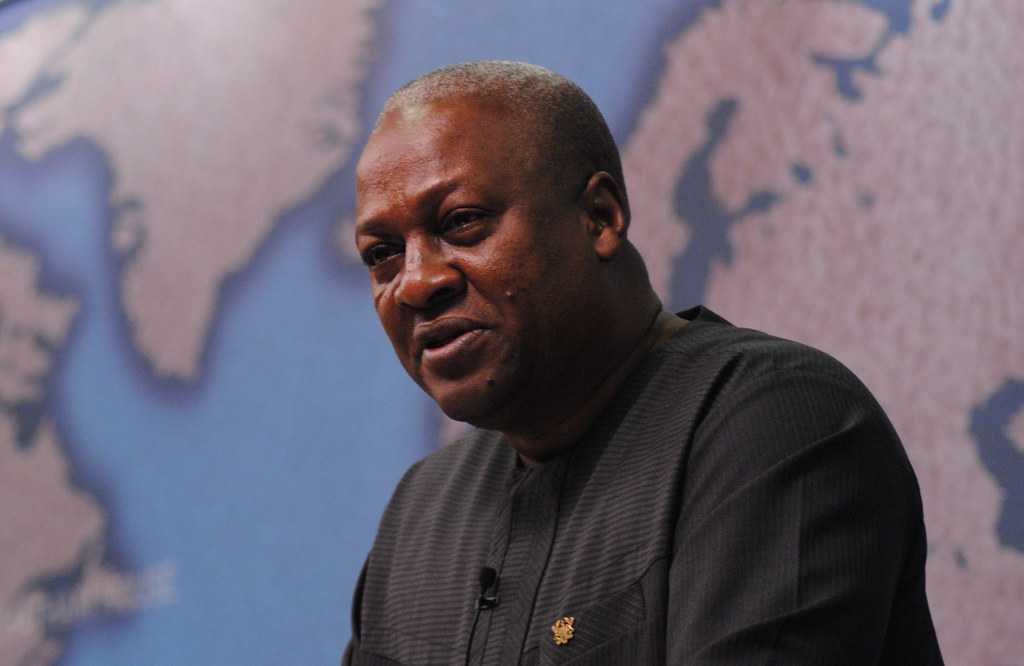The Pacific Islands Forum (PIF) Leaders meeting sees the heads of sovereign Pacific Island states meet once a year. The purpose of these meetings is to ‘foster cooperation’ and to ‘convene, engage in discussions and agree on policies that will benefit the people of our region’. Given the importance of ‘listening’ in Australian diplomacy with its Pacific ‘family,’ one would expect Australian leaders to behave respectfully at these meetings. However, this year, their actions showed that true listening involves not just attendance, but also sensitivity, responsiveness, and accountability.
This year’s PIF leaders meeting was particularly unique. Due to a series of incidents last year, including a ‘furious’ Chinese Ambassador to the Pacific, Qian Bo, being comforted by Cook Islands Prime Minister Mark Brown, caught in a hot mic moment, development partners, including China, Taiwan and the United States, were barred from entry into the PIF meeting.
This ban highlighted the privilege in Australia’s position as both a development partner and a ‘Pacific Island’. Despite these meetings attracting high levels of publicity, Australia fell short of honouring this privilege.
Australian Prime Minister Anthony Albanese was two days late to the meeting. Solomon Islands’ newspaper Island Sun called this disrespectful, highlighting how it “symbolically undermined the spirit of unity and respect that the Forum seeks to foster”. Furthermore, the Australian PM’s late arrival was described by the Papua New Guinean National Broadcasting Corporation as ‘discreet’ with only Australian media being informed. During the forum Albanese showed up to a joint signing in the wrong shirt, making him the odd one out amongst his Pacific counterparts. A very controversial Australian-only press conference was also conducted in which all Pacific media was barred – meaning Anthony Albanese was unable to listen to any questions from the Pacific. These blunders and insensitivities come off the backfoot of consistent Australian mishaps at the PIF and reveal a systemic unwillingness to listen.
In 2018, then Australian Prime Minister Scott Morrison declined to attend the PIF leaders meeting, instead being represented by his Foreign Minister, Marise Payne. This was viewed very poorly by many Pacific Islanders saying it showed Australia was turning a ‘blind eye’ to the discussion on issues important to the region. At the time, Penny Wong said that this “sends a terrible signal to our Pacific neighbours about just how little this government cares for the region”.Ironically, Wong would five years later represent Australia as Foreign Minister in the final signing of the 2023 PIF communique as Albanese left early.
It was the 2019 Pacific Islands Forum meeting that the Australians would cause real chaos. This was the first PIF attended by Morrison. It was backgrounded by a series of tone-deaf events: Morrison’s giggling with Tony Abbott and Peter Dutton about ‘lapping’ rising sea water in the Pacific, the infamous lump of coal Morrison took on a tour of Parliament, and the then Australian deputy prime minister, Michael McCormack, commenting that Pacific Island nations affected by climate change would continue to survive due to Australian aid and “because many of their workers come here to pick our fruit”.
At the 2019 leaders meeting, Morrison was personally abrasive and determined to water down any language on climate change in the joint communique that Prime Minister of Tonga Akilisi Pohiva “shed tears in front of the leaders”. It is reported that in a rare moment, many Pacific leaders spoke out against Morrison publicly – showing a willingness to break Pacific regionalism to call out such abhorrent behaviour. Meeting chair, Enele Sopoaga, said he was “stunned” and Fijian Prime Minister Frank Bainimarama said Morrison was “very insulting and condescending”, telling media, “I thought Morrison was a good friend of mine, apparently not” and “After what we went through with Morrison, nothing can be worse than him.”
These stories are milestones that are symbolic of the relationship that Scott Morrison’s government had with the Pacific Islands – tense, complex, and conflicted. Hence, when Albanese’s Labor government was elected in 2021 and repeatedly claimed it was now here to ‘listen’, many Pacific Islanders and regional commentators were cautiously optimistic. Recently, Albanese’s familial facade has begun to slip.
After helping to facilitate the conditions in which the Micronesian countries boycotted the 2022 PIF leaders meeting, and then leaving early in 2023, at the 2024 Pacific Islands Forum, Anthony Albanese was caught in another hot mic moment joking with US Deputy Secretary of State Kurt Campbell about splitting the cost of the Pacific Policing Initiative saying and the US giving Australia the ‘lane’ to organise the project.
Perhaps this is not an incapability to listen, rather an institutionally enshrined willingness to ignore. Australia does continue to be the largest donor to the PIF, but this ongoing behaviour shows Australia takes for granted its position in the Pacific. But, as symbolised by the stalled signing of bilateral security agreements with Vanuatu and Papua New Guinea, Pacific Island leaders know their worth, value their sovereignty and are much less willing to let personal slights slip though.
The future of Australia’s behaviour at PIF meetings should continue to value the person-to-person links we hear so much about. It should see our leaders be generous with their time, willing to attend the whole conference. The PIF meetings are not just photo-ops; they are the most critical platforms for regional politics in the Pacific and are central to advocacy and diplomacy in the region, and should be treated with utmost respect.
Isabelle Zhu-Maguire is a PhD candidate at the Coral Bell School of Asia and Pacific Affairs, Department of International Relations within the Australian National University. Her thesis investigates the ways in which Australia listens and responds to the climate advocacy of Pacific Island Nations. She has conducted extensive research into the experiences of women in Afghanistan and their perspectives and realities living through conflict, oppression, and climate change. Isabelle has also been advocate for greater youth inclusion within the United Nations Framework Convention on Climate Change.
This article is published under Creative Commons license and may be republished with attribution.





